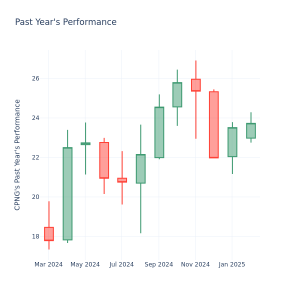Indian low-cost carrier IndiGo announced on Thursday that it will introduce its first widebody aircraft — a Boeing 787-9 Dreamliner — via a damp lease agreement with Norwegian low-cost long-haul carrier Norse Atlantic Airways.
Wet leasing is an agreement between air carriers in which the aircraft is operated under the AOC (Air Operator Certificate) of the lessor. A damp lease is a specific type of wet lease where the aircraft is usually provided with a cockpit crew but without cabin attendants.
IndiGo has said the aircraft will arrive in India “in the next few weeks,” and operations are expected to commence as early as next month.
While IndiGo hasn’t mentioned the route it would be flying, according to a Norse Atlantic stock exchange filing: “The aircraft is expected to start operations in March 2025 serving long haul routes out of India.”
The decision to incorporate a widebody aircraft into the fleet comes amid indications that IndiGo is actively exploring its long-haul ambitions, beyond its traditional short- and medium-haul markets.
On a January 24 earnings call, CEO Pieter Elbers mentioned the airline’s interest in leveraging interim solutions through wet leases, pending regulatory approvals. “Subject to regulatory approvals, we are exploring interim solutions for an earlier introduction of long-range aircraft to our fleet through wet leases.”
The partnership with Norse Atlantic is a step in that direction, aimed at capturing high-demand international routes, as IndiGo continues to build its global network.
The initial agreement spans six months — with potential extension to 18 months. IndiGo has also said that it would be exploring opportunities to contract additional aircraft from Norse Atlantic.
IndiGo is evaluating route and network opportunities, with early focus reportedly on key European hubs such as London and Paris, both of which cater to significant Indian diaspora and business traveler markets.
“Indian businesses are expanding internationally, our citizens are exploring more destinations than ever before, and our diaspora continues to grow… However, there are still certain key markets, which are underserved and this represents a fast reservoir of untapped potential,” Elbers said at the call.
The launch of long-haul services comes at a time when the Indian aviation market is undergoing a significant shift.
With Indian carriers holding a 43% share of the country’s international passenger traffic last fiscal year—a figure that has been on the rise—there is an evident appetite for more comprehensive international connectivity. Credit rating agency CRISIL Ratings projects that this market share could edge up to 50% by the 2027-28 fiscal year, underscoring the potential for growth.

